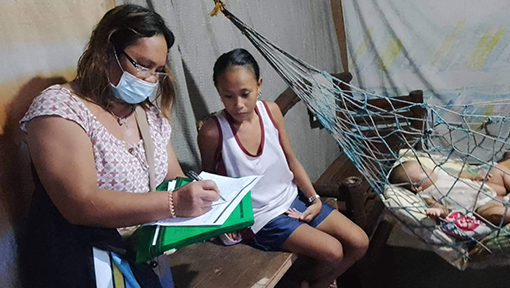Community Health Workers and Gender
- Home
- Help and Support
- Close
- Toolkits
- Global Toolkit
- AYSRH Toolkit
- Hub Toolkits
- Core High-Impact Practices
- Gender Essentials Mini Course
- Close
- Resource Collection
- Community of Practice
- Coaching
- Log In/Register
- My Profile
- English
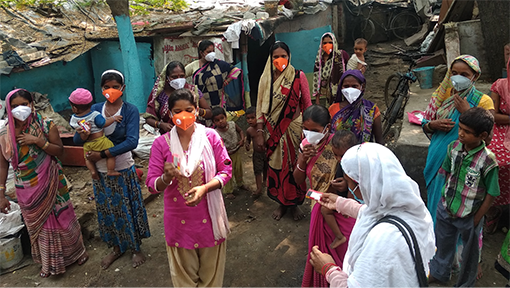 In most country settings, community health workers (CHWs) are primarily women. While they may or may not receive some compensation for their work, they are empowered with increased knowledge about family planning and its benefits – along with information about other health areas. This allows them to effectively communicate with their communities about the importance of family planning and taking other health measures.
In most country settings, community health workers (CHWs) are primarily women. While they may or may not receive some compensation for their work, they are empowered with increased knowledge about family planning and its benefits – along with information about other health areas. This allows them to effectively communicate with their communities about the importance of family planning and taking other health measures.
Because CHWs help bring family planning information and/or supplies to women and their families – mainly through household visits – they play an important role in improving access in urban slums. Their interactions with families help dispel myths and misconceptions women and their family members may have regarding family planning, enabling more women to gain access. This is particularly true when they are able to engage men and mothers-in-law in these conversations so that they can help support the family planning needs of their partners/family members.
While more should be done to empower CHWs themselves (economically, for example), they still play an important role in influencing social norms around gender in communities.
Below are the various CHW interventions that local governments can implement in their respective areas/regions with TCI support, such as technical coaching.
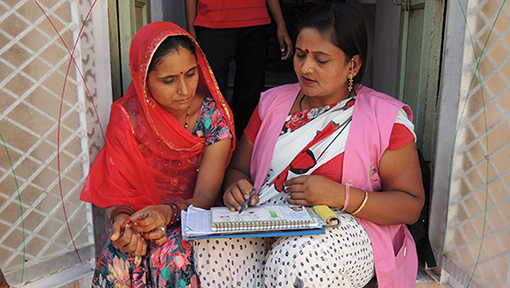
Community Health Workers
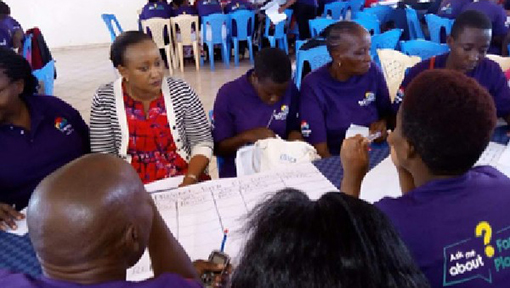
Working with Community Health Workers and Village Health Teams to Promote Family Planning

Visite à Domicile
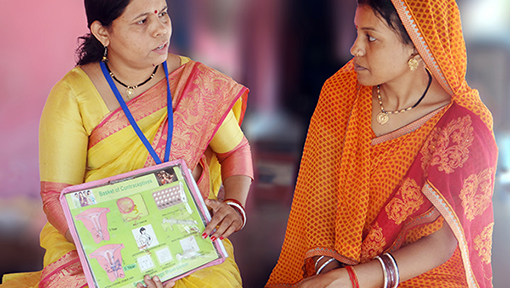
Enabling Urban Accredited Social Health Activists
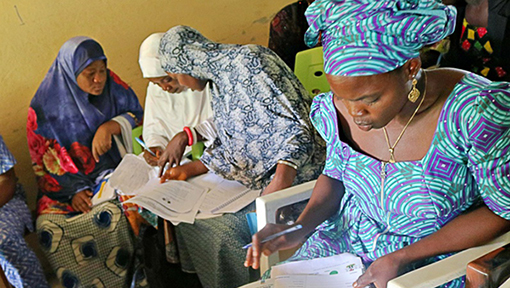
Strengthen Social Mobilization Efforts
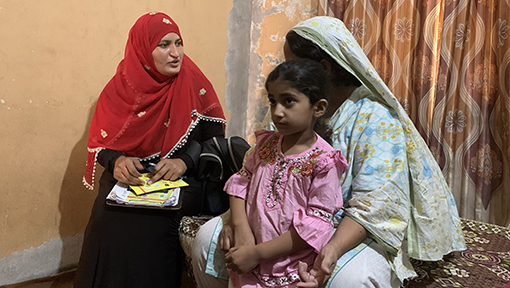
Strengthen Social Mobilization Efforts
